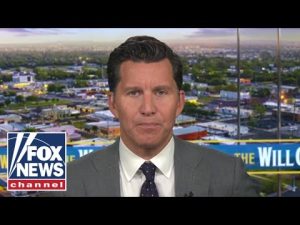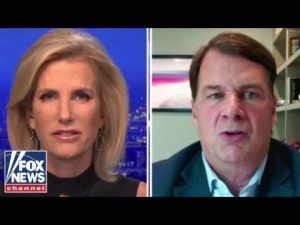In a bizarre yet revealing exchange, actor George Clooney found himself embroiled in dramatic phone tussles with a producer from the Morning Joe talk show. What was the catalyst for such an outburst from one of Hollywood’s biggest names? It was rooted in a simple suggestion made on air that his recent op-ed was crafted at the behest of former President Barack Obama. What might seem like a trivial assertion spiraled into a fascinating insight into the actor’s thin-skinned reaction and the fraught intersection of politics and celebrity.
Clooney, evidently incensed by the implication that he served as a mouthpiece for anyone but himself, unleashed a barrage of expletives at the unsuspecting producer. The situation unfolded into a rather undignified sequence of furious phone calls, with Clooney seemingly unable to distance himself from what should have been a mere blip on his radar. Why such sensitivity to a hint of influence from Obama, a former president admired by many? Perhaps the actor is more conscious than most of the narratives spun in the media—after all, reputations in Hollywood are as changeable as they are critical.
In this heated exchange, the sense of entitlement and self-importance was palpable. Despite its importance as an early morning talk show, Morning Joe certainly doesn’t shape the destiny of political discourse to the degree Clooney’s reaction would suggest. The producer on the receiving end of Clooney’s ire provided a reality check, making it clear that the world wasn’t hanging on to every word aired on their platform. The reprimand appeared to cut through to Clooney, but not remarkably enough to dissuade him from further confrontations.
This incident sparks a larger conversation about the power dynamics between media and celebrities in crafting public image and perception. Celebrities, particularly those like Clooney who dabble in political activism, walk a fine line between influence and manipulation. Some argue that public figures shouldn’t be so thin-skinned about speculative media commentary, especially when one opts to engage publicly in political matters. Such exposure invariably invites scrutiny and, albeit uncomfortable, it’s part of the occupational hazard.
In a broader sense, this episode with Clooney exemplifies the environment of hypersensitivity prevalent in modern discourse. Stars grappling with opinions they view as misrepresentations often resort to behind-the-scenes fracas rather than public correction or dignified silence. Civility seems to take a back seat, revealing an underbelly of vanity and insecurity in supposedly poised public personas. As for the rest of us, it serves as a reminder of the fragility and drama lurking beneath the polished veneer of celebrity status, urging a pivot to more grounded and sensible conversations on influence, power, and the true scope of media impact.







